On the night of 13 June 1982, Dave Parr was hit by shellfire on Wireless Ridge. He was 19, a private in the Second Battalion the Parachute Regiment, and had just become one of the 255 British servicemen lost in the Falklands.
Helen Parr, his niece, was only seven at the time. Now an academic at Keele, teaching international relations, she has written a very fine book indeed on the Britain of her childhood, the Paratroopers’ Falklands experience, and the regiment in which her young uncle served.
Formed on Churchill’s initiative, the Paras’ early reputation was forged in the do or die of Normandy in 1944, in particular the doomed battle of Arnhem Bridge in Holland that September, which for many serves as an emblem of Britain’s early and lonely but ultimately triumphant stand against fascism. Charged with operations no other regiment would take on, the Paras have always been a breed apart: ‘Every man an emperor, ready for anything, utrinque paratus.’ Parr describes the distinctive regimental ethos as a willingness to endure extremes, combined with a meritocratic ideal — the ‘severity, risk and complexity’ of their operations requiring ‘collaboration and enterprise, regardless of rank’.
Aggression is prerequisite — ‘the ranks of the Paras were swelled by the boys who were keenest to fight’ — and while Parr acknowledges a certain recklessness is also intrinsic to the regiment’s success in combat, she is remarkably clear-eyed about the overstepping of ethical boundaries this can lead to, most notoriously the shooting of unarmed protestors in Derry on Bloody Sunday in 1972. But she seeks neither to ‘glorify nor to damn’, and is just as clear that the Paras’ uniqueness is complex. As soldiers, the Paratroopers’ reputation for excellence is rivalled only by the SAS, and for many recruits, like her uncle, joining represents an aspiration.
Parr’s roots are working class; growing up in postwar rural Sussex, her father and uncles had ‘a dim knowledge that in the world of labour they were nothing… life stretched ahead, long and dull and pointless’. But none of the Parr boys were willing to settle for this. Helen’s father went to grammar school and Cambridge; his middle brother travelled the world; Dave, the youngest, joined ‘the finest regiment in the army’.
So Our Boys is part family memoir, part regimental history, but it is also a perceptive examination of class and social change; and Parr’s skill lies in handling these various threads so deftly. In her analysis, the story of the Paras is woven into Britain’s own: our country’s changing social structures and place in the world. Margaret Thatcher’s influence is felt repeatedly — ‘our boys’ is famously how the PM referred to the troops she sent to the Falklands — but long before her time in office, Parr argues, the Parachute Regiment had already been central to the British experience. After victory in Europe, its soldiers moved on swiftly to Palestine and Suez, serving across the empire as it dwindled, and out of Bloody Sunday came the hard and slow realisation that force would not end the Troubles, indeed it could escalate them to disastrous effect.
By the late 1970s, Britain was ‘a leading power of the second rank’: shorn of its colonies, mired in what was fast becoming a civil war on its own territory and so, unable to manage its own economy, it was cast as the Sick Man of Europe. Victory in the Falklands marked a turning point, transforming Thatcher’s fortunes and those of her still-infant government and, in so doing, ushering in the economic reforms which transformed Britain.
For the Paras, the Falklands was redemption, Port Stanley and Tumbledown displacing Derry in the public imagination. Indeed, the regiment’s high-profile deployments, Parr suggests, have shaped public attitudes towards the military as a whole, with soldiers now ‘increasingly viewed not as instruments of the state’s oppression but as highly trained and professional, and as individual people put by politicians in difficult, sometimes terrible positions’.
This analysis is finely executed, with enviable acuity and lightness of touch. Parr’s family experience forms the core of the book, but she has read and interviewed widely, and her even-handedness with this material pays dividends, allowing crucial insight into the breadth of soldiers’ experiences, from privates like Tony Gregory, who grew up in care, to officers like Colonel Herbert ‘H’ Jones, old Etonian and maverick OC of a Falklands battalion.
Even in this ‘band of brothers’ the division between officers and ranks — in the 1980s at least — still fell along class lines. However, combat is a great leveller, and Parr maintains the Paras’ meritocratic principles and their Falklands battle tactics afforded many ordinary soldiers a vital sense of agency and purpose. She cites a Private Gannon on his first engagement: ‘There was nobody to tell me what to do. I just had to do it, off my own back.’ Although conflict was frequently terrifying, it could also be powerfully enabling. Occasionally, it even provided existential insight: Gurkha Nigel Price speaks of Tumbledown as a revelation:
It was as if I saw through — in one instant — the whole sham of civilisation and its artificial rank structures. Since then it’s been difficult to be awed by authority. You realise we are all muddling along together, pretending. Hiding behind our ranks and status, all of it a mirage.
After this, returning to civilian life could be tricky. A significant minority suffered trauma, with long-lasting and debilitating effects, and Parr pays respectful attention to such difficulties, in part because the increased understanding and acceptance of them serves to illustrate Britain’s shifting social attitudes, both to mental health issues, and to the job of soldiering. Change — or the lack of it — intrigues her.
Some former Paras did very well in the new ‘liberalised finance and service-based economy’. But for all the changes Thatcherism was bringing about, most returning soldiers found life still stubbornly determined by the class system, and therefore ‘armed service did not much alter the opportunities provided them by society’. Heavy industry was declining, and the emergent service sector provided few satisfying opportunities for veterans from the ranks. ‘Perhaps the most common post-Falklands occupation was private security.’ In the words of one: ‘The money might have been OK, but the job was mind-numbingly boring.’
Thatcher’s decision to repatriate the British dead, although honourable in intent, also had its consequences. Having already buried their comrades out in the Falklands, surviving Paras often had to attend multiple funerals at home, over weeks and months. This was necessary for the families, and for regimental propriety, but doubtless harrowing for the soldiers concerned, having to deal with the families’ grief and anger, as well as their own, and even — in the Parrs’ case — with the burden of keeping military secrets: the shelling which killed Dave Parr had been from British guns, and while all the Paras attending his funeral knew this, the family had yet to be told.
It is in such details that Helen Parr’s writing excels, going well beyond what is already public record, achieving a rare combination of intimacy and range. She describes her own book as ‘regimental history in the age of the individual’; and furthermore: ‘In recent times, it matters more to tell that history, because so few people understand what military life is like.’ I couldn’t agree more, and I couldn’t recommend Our Boys more highly.
Got something to add? Join the discussion and comment below.
Get 10 issues for just $10
Subscribe to The Spectator Australia today for the next 10 magazine issues, plus full online access, for just $10.
You might disagree with half of it, but you’ll enjoy reading all of it. Try your first month for free, then just $2 a week for the remainder of your first year.

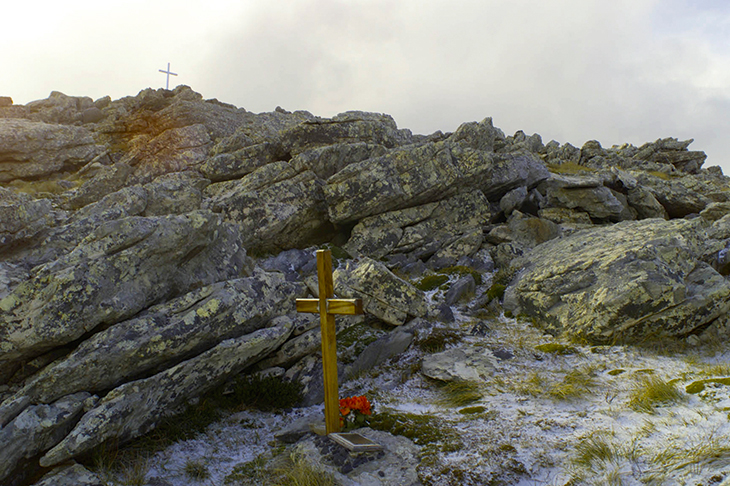
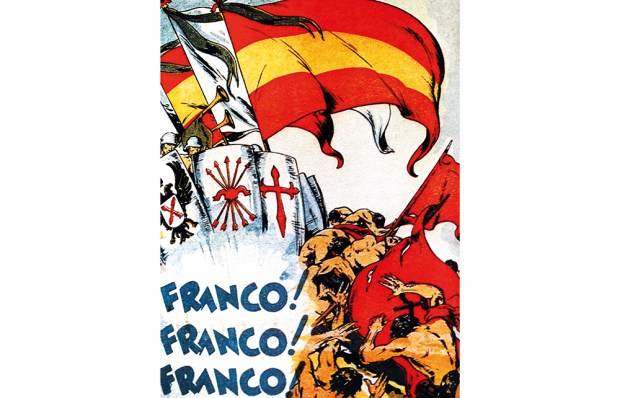

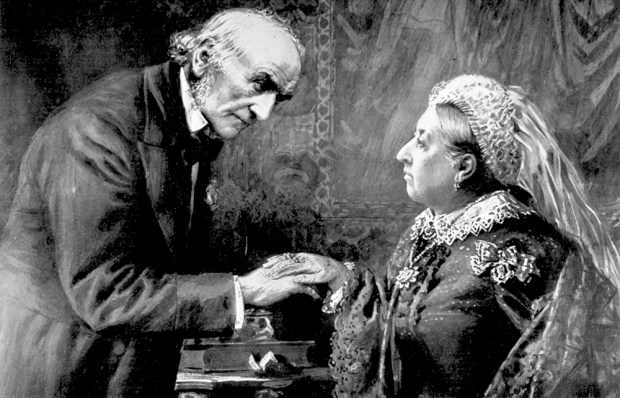
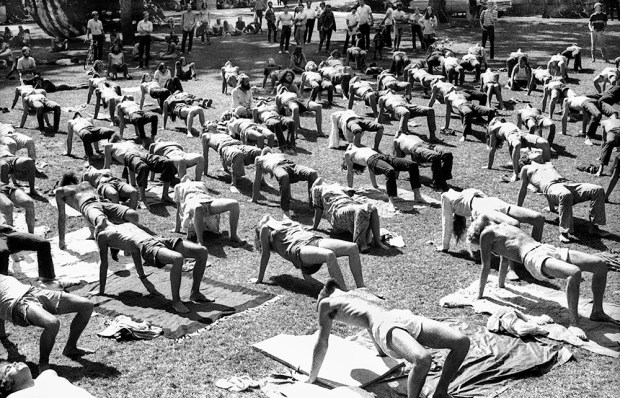
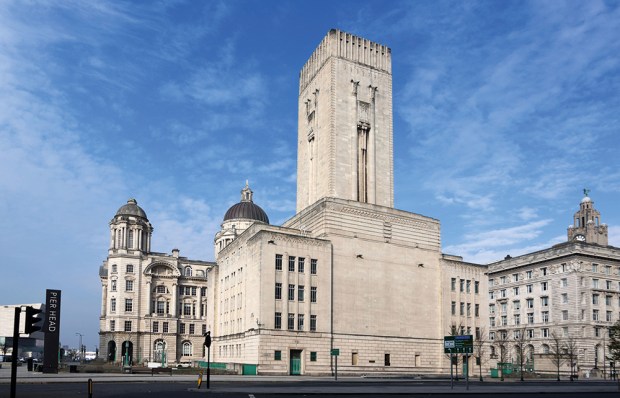
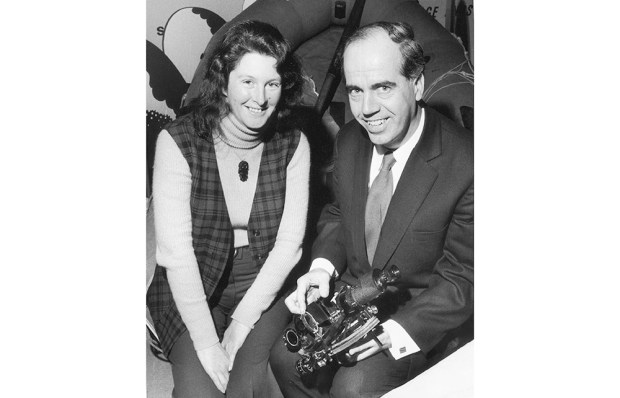






Comments
Don't miss out
Join the conversation with other Spectator Australia readers. Subscribe to leave a comment.
SUBSCRIBEAlready a subscriber? Log in